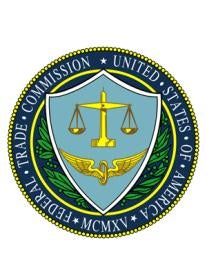In our last post, we spoke about a proposed merger between office supply chains Office Depot and Staples. As we noted, Office Depot shareholders recently voted to go forward with the acquisition, but the Federal Trade Agreement still has to review the agreement and make a decision, which could make or break the process.
In reviewing any merger agreement the Federal Trade Commission—or the Department of Justice, depending on which agency reviews the agreement—an important consideration is the impact the transaction will have on the market. Speaking generally, federal law prohibits mergers that would potentially harm market competition by creating a monopoly on goods or services.
According to the FTC, competitive harm often stems not from the agreement as a whole, but from how the deal will impact certain areas of business. Problems can arise when a proposed merger has too much of a limiting effect based on the type of products or services being sold and the geographic area in which the company is doing business.
With that having been said, most mergers—95 percent, according to the FTC—present no issues in terms of market competition. Those that do present issues are often resolved by tweaking the agreement so as to address any competitive threats. In cases where the reviewing agency and the businesses cannot agree on a solution, litigation may be necessary, but it often isn’t.
Any company that plans on going forward with a merger or acquisition needs to have a clear understanding of the law and the review process. This is especially the case if issues come up regarding competitive threats.


 i
i


